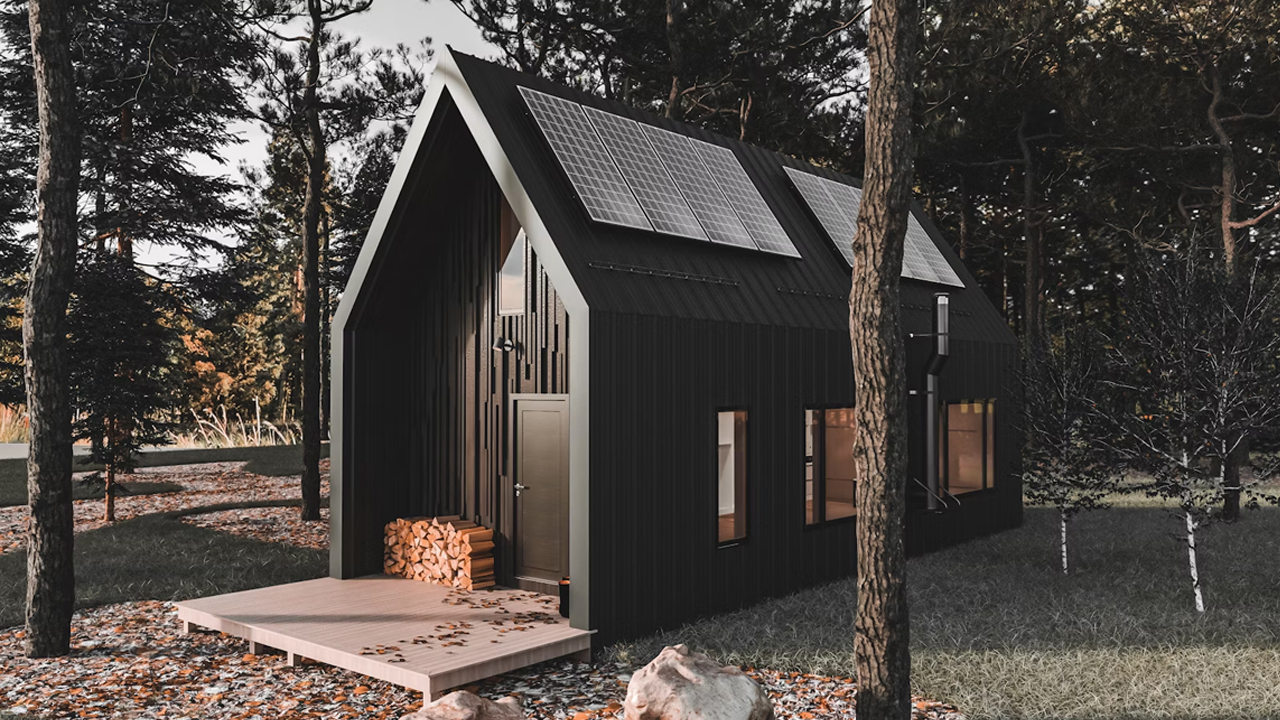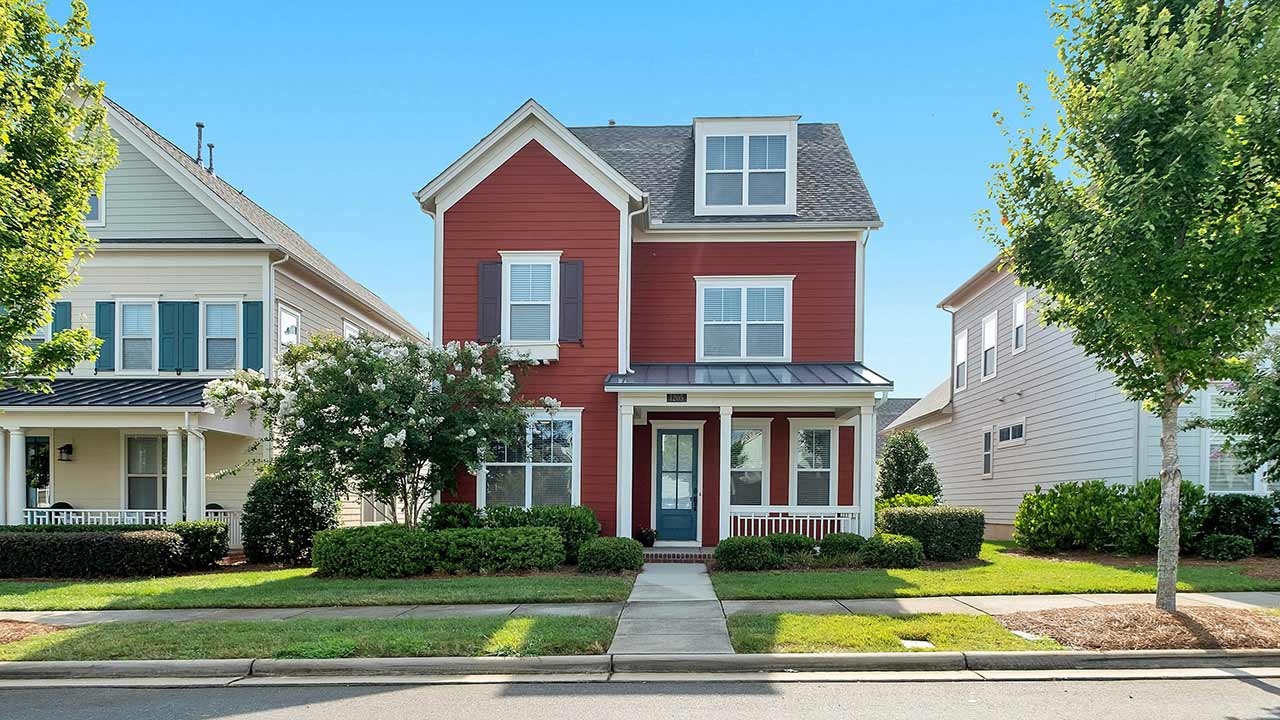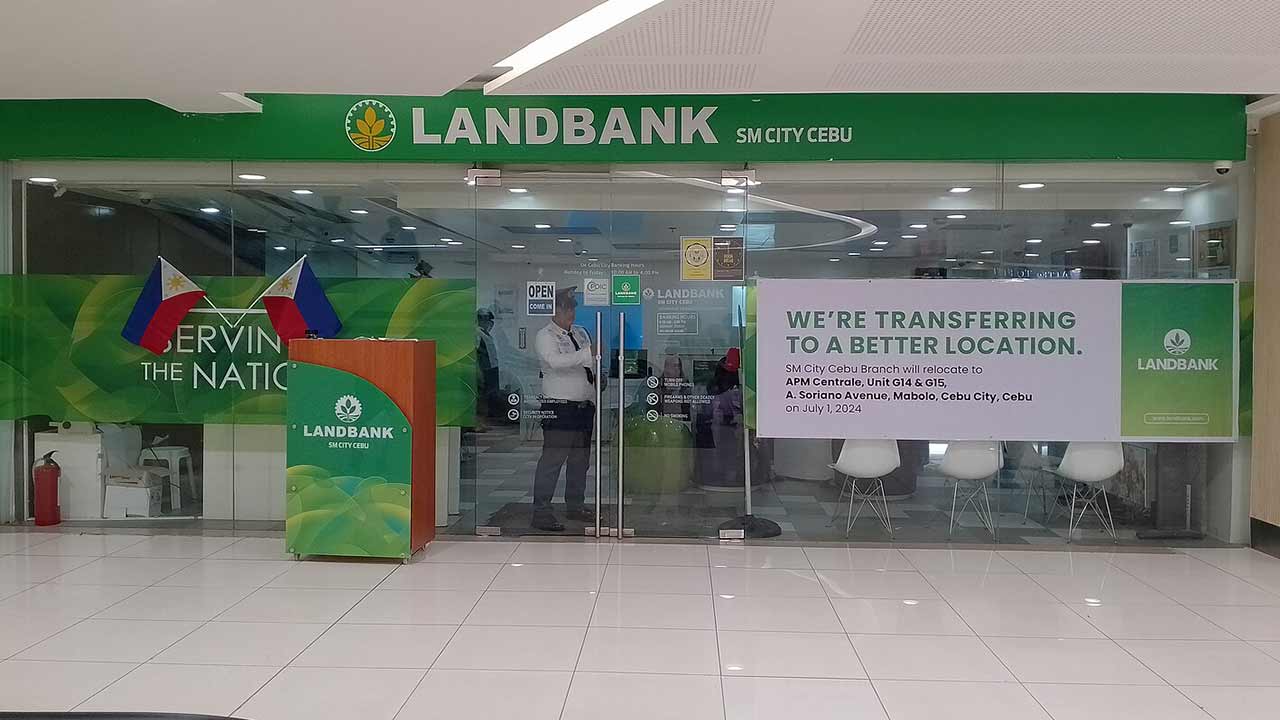Housing prices these days can feel like a punch to the gut. With the average home in the U.S. hovering around $400,000, the dream of owning a place feels out of reach for a lot of folks (Source: National Association of Realtors). But then there’s this little game-changer from Boxabl called the Baby Box—a 120-square-foot foldable home that sets up in 60 minutes and costs just $20,000 (Source: Boxabl). Yeah, you read that right. It’s not a mansion, but it’s a real, functional space that could shake up how we think about affordable living.
The idea here is simple: take a compact, portable unit, unfold it like a giant piece of origami, and boom—you’ve got a house. No heavy machinery, no months of construction. One person can handle the setup without breaking a sweat (Source: New Atlas). It’s built for people who want to keep things minimal—maybe you’re downsizing, chasing an off-grid life, or just need a quick fix for a housing crunch. At that price, it’s hard to argue with the appeal.
What You Get in 120 Square Feet
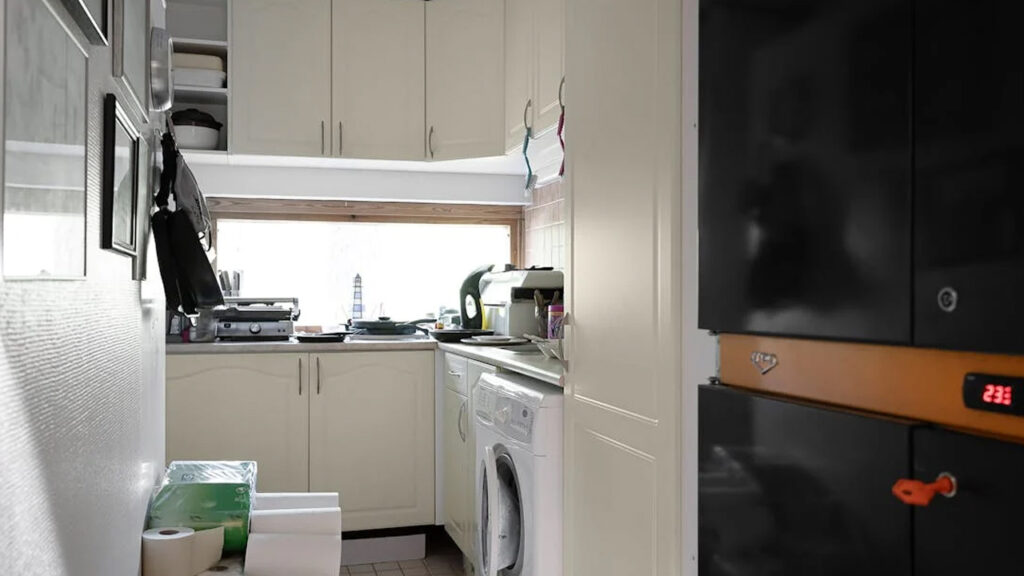
So, what’s packed into this tiny package? At 120 square feet, the Baby Box squeezes in a lot more than you’d expect. The living area has a sofa that flips into a bed—practical and no-fuss. The kitchen comes with a countertop induction stove, a small fridge, a deep sink, and even USB outlets for your gadgets. Then there’s the bathroom: a marine-style toilet with a foot-pump flush, a glass shower with a skylight, and decent ventilation to keep it comfortable. It’s tight, sure, but it’s designed to work (Source: Boxabl).
The setup isn’t just about cramming stuff in—it’s smart about it. The walls have insulation to handle different climates, and LED lights keep the energy use low. You’ve got water tanks for fresh, gray, and black water, plus dual batteries to run the lights and pumps. Want to go fully off-grid? Hook it up to solar panels or a generator, and you’re set. This isn’t some bare-bones shed; it’s a legit living space for someone who doesn’t need a lot of square footage to feel at home.
Why This Could Be a Big Deal
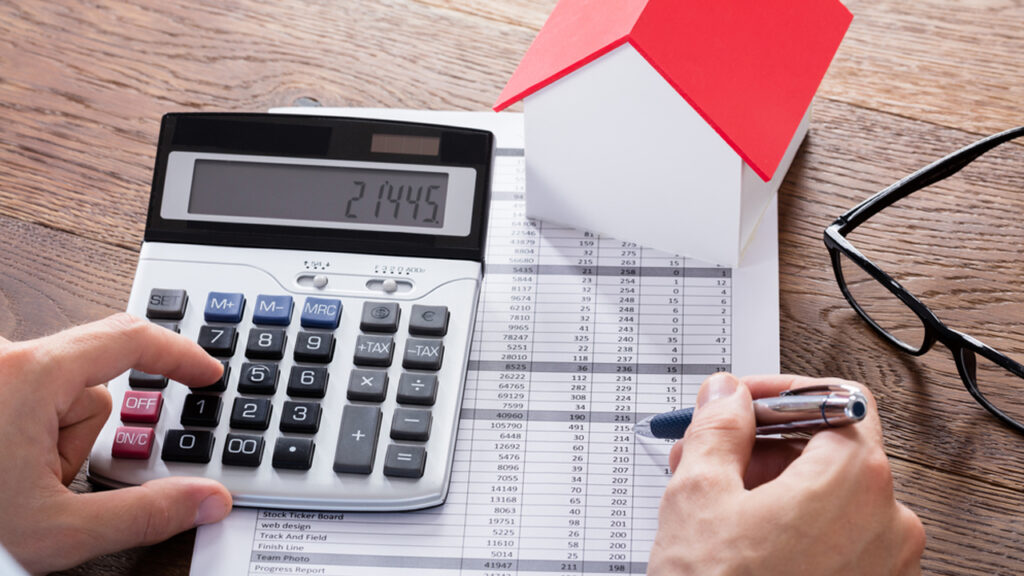
The Baby Box isn’t just a cool concept—it’s tapping into something bigger. Housing costs have been climbing for years, and wages aren’t keeping up. A report from the National Association of Realtors pegged the median U.S. home price at $398,400 in February 2025, while incomes lag behind (Source: National Association of Realtors). That gap’s pushing people to rethink what “home” means. Tiny homes have been around for a while, but at $20K and a one-hour setup, this one’s making a serious case for itself.
It’s not perfect for everyone. If you’ve got a big family or a ton of stuff, 120 square feet might feel like a closet. But for solo dwellers, remote workers, or anyone itching to live lighter, it’s a solid option. Plus, the portability’s a perk—need to move? Fold it up and go. Boxabl’s pitching it as a way to cut through the red tape and high costs of traditional housing, and with the economy still throwing curveballs, that’s a pitch plenty of people might swing at.
The off-grid angle’s worth a nod too. With solar compatibility and water storage, it’s built for spots where utilities don’t reach. Think rural land, camping setups, or even disaster relief—places where a quick, self-sufficient home could be a lifeline. At a time when climate shifts and economic uncertainty are on everyone’s mind, having a low-cost, adaptable option feels like a smart move.

Alexander Clark is a financial writer with a knack for breaking down complex market trends and economic shifts. As a contributor to The Daily Overview, he offers readers clear, insightful analysis on everything from market movements to personal finance strategies. With a keen eye for detail and a passion for keeping up with the fast-paced world of finance, Alexander strives to make financial news accessible and engaging for everyone.
